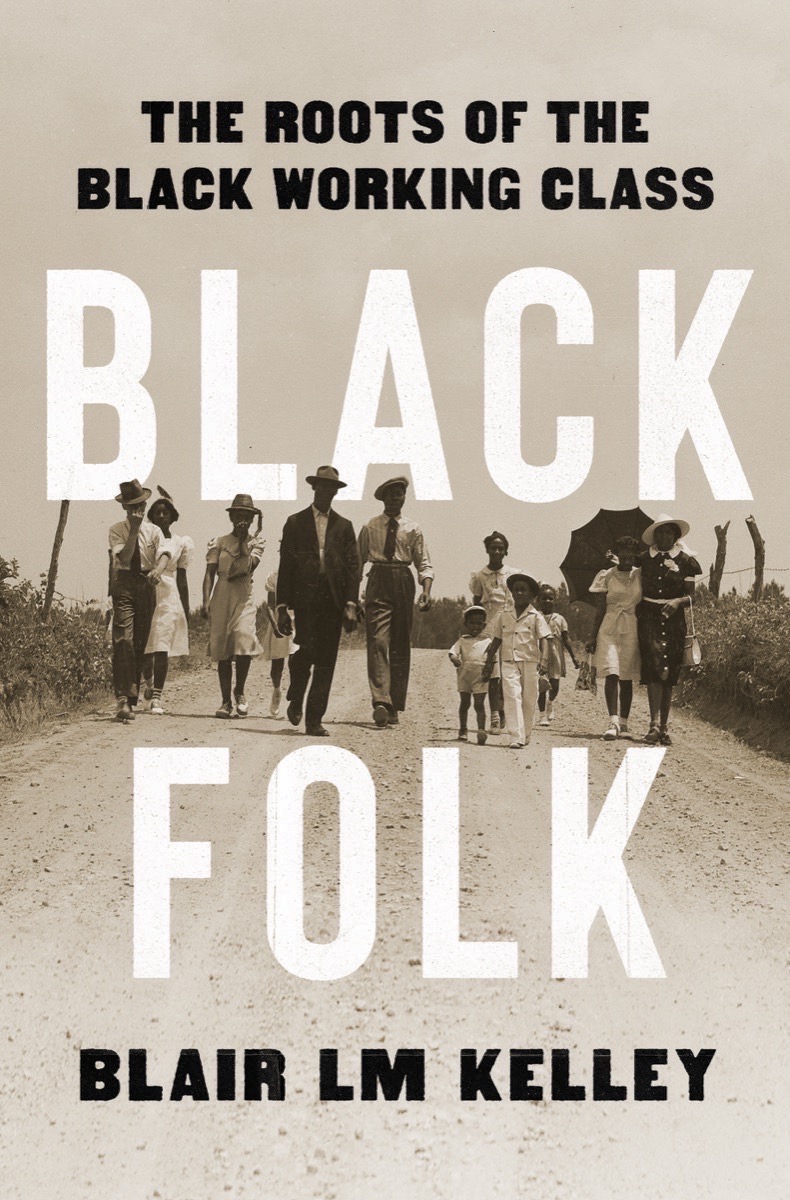Hardcover, 352 pages
English language
Published by Liveright.

Hardcover, 352 pages
English language
Published by Liveright.
There have been countless books, articles, and televised reports in recent years about the almost-mythic "white working class," a tide of commentary that has obscured the labor, and the very existence, of everyday Black workers. In her brilliant corrective, Black Folk, acclaimed historian Blair Kelley restores the Black working class to the center of the American story. Spanning two hundred years--from Kelley's earliest known ancestor, an enslaved blacksmith, to the essential workers of the Covid pandemic--her narrative focuses on the laundresses, Pullman porters, and domestic maids who established the Black working class as a political force. Excluded by whites, Black workers found community in unexpected places, from stoops on city streets to the backyards of washerwomen. These networks of resistance and joy sustained them and became the foundation of their organizing for better jobs, better pay, and equal rights. With the resurgence of labor activism in our own time, Black …
There have been countless books, articles, and televised reports in recent years about the almost-mythic "white working class," a tide of commentary that has obscured the labor, and the very existence, of everyday Black workers. In her brilliant corrective, Black Folk, acclaimed historian Blair Kelley restores the Black working class to the center of the American story. Spanning two hundred years--from Kelley's earliest known ancestor, an enslaved blacksmith, to the essential workers of the Covid pandemic--her narrative focuses on the laundresses, Pullman porters, and domestic maids who established the Black working class as a political force. Excluded by whites, Black workers found community in unexpected places, from stoops on city streets to the backyards of washerwomen. These networks of resistance and joy sustained them and became the foundation of their organizing for better jobs, better pay, and equal rights. With the resurgence of labor activism in our own time, Black Folk presents a stirring history of our possible future.